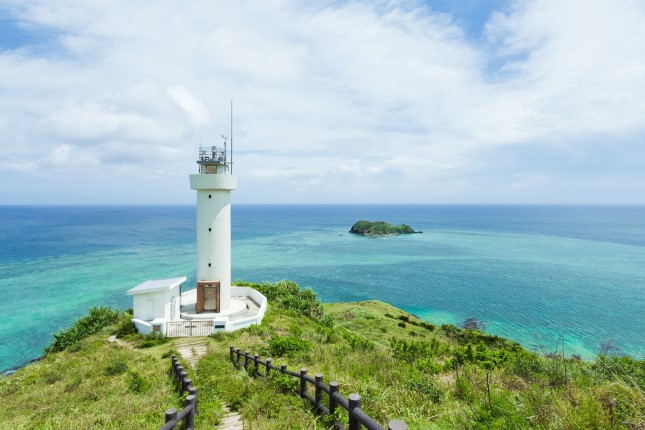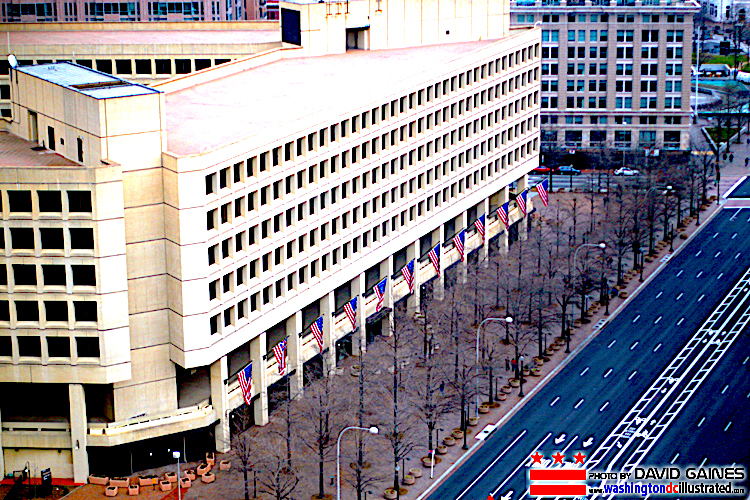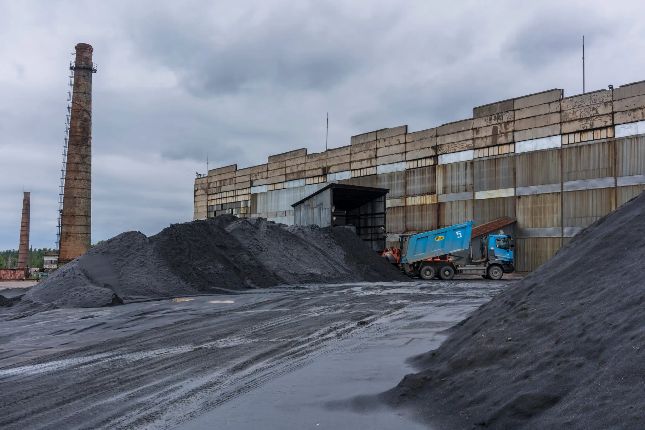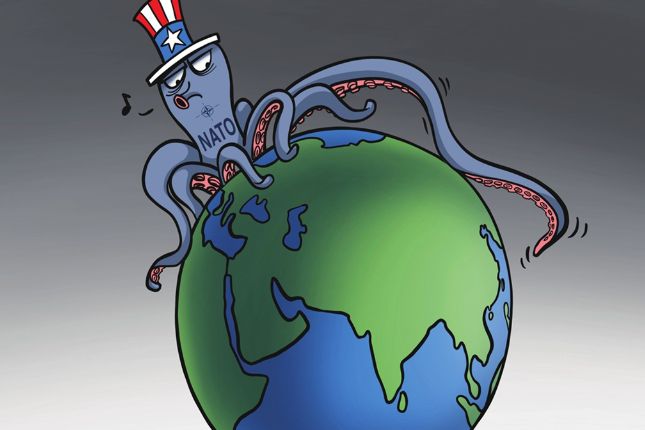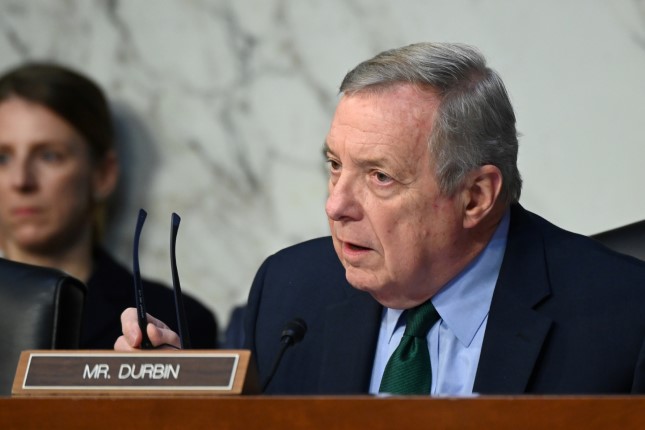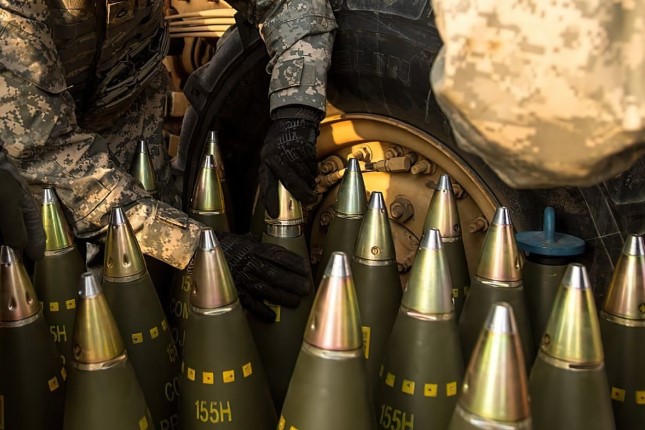Okinawan Governor Denny Tamaki is scheduled to visit China as part of a delegation from the Japanese Association for the Promotion of International Trade on Monday. During his visit, he will hold meetings with government officials and representatives from the business community in Beijing.
During a recent visit to the China National Archives of Publications and Culture, China's top leader took note of the deep historical connections between Fuzhou and Ryukyu [the Ryukyu Islands were annexed by Japan and renamed Okinawa in 1879], while examining an exhibition featuring a Ming Dynasty (1368-1644) manuscript titled "Log of the Mission to the Ryukyu Islands."
After concluding his activities in Beijing, Tamaki will make a special visit to East China's Fujian Province, which has a sister relationship with the Okinawa Prefecture, to engage in exchange activities. He is expected to return to Okinawa on July 7.
Just before his visit to China, Tamaki granted an exclusive interview to the Global Times reporter Xing Xiaojing. Tamaki discussed the over 600-year history of friendly exchanges between Okinawa and China, emphasizing the importance of regional peace and stability. He expressed his anticipation for his visit to China after four years. He also openly expressed his concerns about the Japanese government's efforts to strengthen its military defense capabilities.\
He stressed that the brutal "Battle of Okinawa" during World War II resulted in the tragic loss of one precious life out of every four Okinawan citizens, and all Okinawans have a fervent hope that "Okinawa must never again become a battlefield."
GT: In November 2022, you mentioned in an interview with the Global Times that "to promote friendly exchanges between Okinawa and China, I hope to have the opportunity to visit China again in the near future." Just eight months later, you are set to embark on your second visit to China, which is also your first visit to China after the COVID-19 pandemic. How do you feel at this moment? What are your expectations for this trip?
Tamaki: After overcoming the COVID-19 pandemic, I am greatly looking forward to visiting China again after a four-year hiatus. I hope that this visit will serve as an opportunity to revisit the long-standing history of exchanges between Okinawa and China and create further opportunities for deeper communication in the future. Therefore, if time permits, after the joint visit to Beijing with the Japanese Association for the Promotion of International Trade delegation, I will also visit Fuzhou, capital city of Fujian Province, which has deep historical ties with Okinawa, to further enhance our exchanges.
Although exchanges between China and Okinawa have gradually resumed, before traveling from Okinawa to China, we still needed to apply for visas at the Consulate-General of China in Fukuoka Prefecture in the Kyushu region of Japan. In order to further develop multifaceted exchanges including tourism and the economy, we hope for a relaxation of visa policies for Okinawan tourists visiting China and an early resumption of direct flights.
Furthermore, from the perspective of deepening exchanges, I may also propose ideas related to cultural, academic, and youth exchanges between Okinawa and China. Okinawa Prefecture hopes to fully leverage our unique history, traditional culture, natural environment, and other forms of soft power, as well as utilize our geographical advantages, to promote exchanges based on friendly relations and contribute to the development of Japan-China relations.
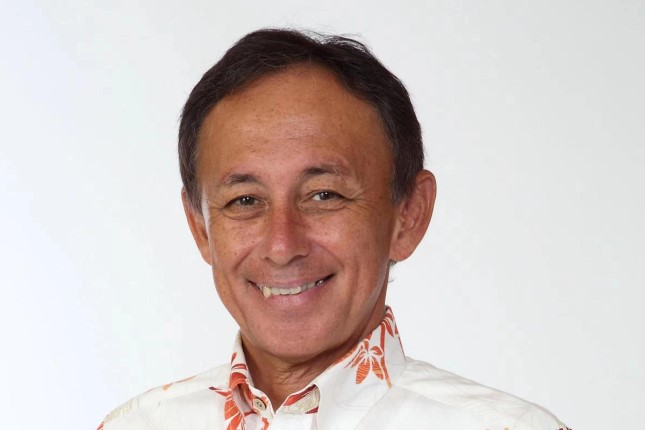
Okinawan Governor Denny Tamaki. Photo: Courtesy of Tamaki.
GT: You just mentioned the Consulate-General of China in Fukuoka. We knew that you have had exchanges with Consul General Lü Guijun. Deputy Governor of Okinawa Prefecture, Yoshimi Teruya, also held talks with Chinese Ambassador to Japan Wu Jianghao. From your point of view, what role does the interaction between Okinawa and China play in promoting regional peace and stability?
Tamaki: The long-standing history of friendly exchanges between Okinawa and China dates back over 600 years. In 1997, the Okinawa Prefecture established a friendly relationship with Fujian Province, taking friendly relations to a new level. Okinawa and China have been conducting student exchanges through study programs, promoting exchanges among the younger generation.
Additionally, to facilitate economic exchanges, Okinawa Prefecture has opened overseas offices in China to assist in exporting Okinawa's products and expanding local companies overseas. Prior to the COVID-19 pandemic, there were six direct flights between China and Okinawa, and many Chinese tourists also visited Okinawa through cruise travel. These activities reflect Okinawa's unique characteristics aligned with its local history and natural environment, and we will continue to uphold and develop them as they are crucial for regional peace and stability.
GT: While the Japanese government is strengthening its military defense capabilities, the people of Okinawa consistently express their desire for peace. In April 2023, a delegation from the Okinawa Prefectural Assembly of Japan submitted a resolution to the Defense Ministry, the Cabinet Office, and the Foreign Ministry in Tokyo, urging for peaceful resolutions through dialogue and diplomacy. Does this mean that there are differences between Okinawa Prefecture and the Japanese government in terms of diplomacy and security?
Tamaki: In December 2022, the Japanese government passed the so-called "Three Security Documents" through cabinet resolution, stating that Japan would strengthen its defense capabilities and enhance the functionality of the Self-Defense Forces in the southwestern islands to address the severe security environment. The Okinawa Prefecture understands the necessity of maintaining the minimum level of self-defense capabilities to uphold the Japan-US security system and the principle of "exclusive defense."
However, even 78 years after the end of World War II, about 70 percent of US military bases in Japan are still concentrated in Okinawa, and the people of Okinawa have been actively striving for a substantial reduction of US military bases in the prefecture through concrete actions. From the perspective of the Okinawa Prefecture, we believe that attempting to enhance deterrence through increased military capabilities will only exacerbate regional tensions and potentially lead to unpredictable situations, which is deeply concerning. We cannot allow Okinawa to become an easier target for attack simply because US military bases are concentrated here.
We will continue to make every effort to urge the Japanese government to ensure that such a situation does not occur and actively seek peaceful diplomatic solutions and dialogue to ease tensions and build trust among all parties involved.
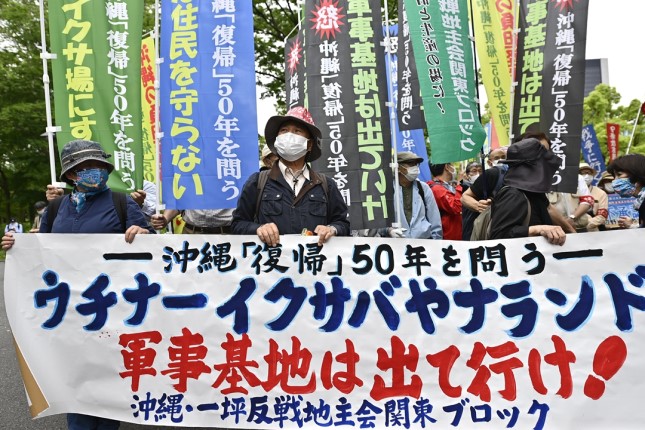
Japanese residents participate in a demonstration on May 15, 2022, to demand the withdrawal of US military bases in Okinawa on the 50th anniversary of Okinawa Prefecture's return to Japan in 1972 after 27 years of US control. Photo: IC.
GT: From your point of view, what are the obstacles to regional peace and stability? How should these issues be addressed?
Tamaki: From March 6 to 11 of this year, I visited Washington, D.C. in the US and held meetings with local government officials, members of Congress, staff from the Federal Bureau of Investigation (FBI), experts and scholars, as well as civil society groups. During these meetings, I not only expressed my views on the current situation in Okinawa but also emphasized the importance of peace and stability in the Taiwan Straits due to the proximity between Okinawa and the island of Taiwan.
I presented three key points: First, it is absolutely crucial to prevent any so-called "Taiwan contingency." Second, the deepening economic interdependence between China and the US means that a military conflict would disrupt this mutually beneficial relationship and harm the national interests of both countries. Third, the governments of Japan and the US should make efforts to ease tensions, establish trust through peaceful diplomacy and dialogue, and take necessary measures to prevent any unforeseen incidents.
Undoubtedly, engaging in dialogue requires a "communication partner." I would like to take this opportunity, through this interview with your esteemed newspaper, to share my views with the Chinese government and people: It is of utmost importance to alleviate regional tensions and establish mutual trust through peaceful diplomacy and dialogue.
GT: The Okinawa Prefecture established a regional diplomatic office in April with the aim of contributing to peace and stability in the Asia-Pacific region. However, there are voices within the Japanese mainland (which generally refers to the Honshu, Hokkaido, Kyushu, and Shikoku regions) saying "the Okinawa Prefecture has numerous domestic issues" and "it should not engage in international exchanges," while questioning this initiative. What's your response?
Tamaki: The term "diplomacy" typically brings to mind "interstate diplomacy" conducted between nations. However, when the Okinawa Prefecture speaks of "regional diplomacy," it refers to activities conducted across national borders involving various entities such as local governments, businesses, NGOs, and citizens in international exchanges, technological cooperation, and other fields.
In reality, the Japanese Ministry of Foreign Affairs also recognizes local governments and organizations as important partners in advancing diplomacy and supports their efforts in international exchanges.For instance, the ministry set up an office in August 2006 to promote economic cooperation with local entities and thereby strengthen Japan's overall diplomatic capabilities.
In April of this year, the Okinawa Prefecture established the regional diplomatic office with the intention of leveraging Okinawa's unique history, traditions, culture, natural environment, and geographical advantages to contribute to peacebuilding in the Asia-Pacific region through international exchanges and cooperation in various fields such as the economy, tourism, education, healthcare, and medical care.
So far, while exchanging opinions with Japan's Ministry of Foreign Affairs and other government departments, we also intend to strengthen our cooperative relationships with national and local entities as well as other relevant organizations to carry out Okinawa's unique form of regional diplomacy.
Furthermore, the Okinawa Prefecture was forced into the brutality of war in its history, with the precious lives of one out of every four residents cruelly taken away. In the post-war period, the basic rights of Okinawa's residents were violated in the pursuit of a "military-first" approach. Therefore, all Okinawans have a heartfelt expectation that "Okinawa must never again become a battlefield."
Learning from this historical lesson, the Okinawa Prefecture seeks to actively promote inter-regional exchanges through the aforementioned "soft power" and convey to the world the "spirit of Okinawa" that pursues peace.
GT: In the process of implementing the "New Basic Plan for the 21st Century Vision of Okinawa," what role does China play? How can a "win-win" relationship be established between Okinawa and China?
Tamaki: The "New Basic Plan for the 21st Century Vision of Okinawa" aims to leverage Okinawa Prefecture's geographical advantage as a center of East Asia and align with the world in various fields such as tourism, the economy, and culture. It aims to transform the trends of the times into driving forces and build a sustainable "strong, flexible, and autonomous economy."
To create an autonomous economy, we seek to develop Okinawa into a world-class sustainable tourist destination, support the construction of a digital society, enhance the high-level and high-value-added aspects of the information and communication-related industry, and absorb the vitality of Asia to create an international logistics center, among other initiatives.
During the era of the former Ryukyu Kingdom, Okinawa established a unique international network through its connections with China, Southeast Asian countries, and Japan. In particular, the relationship between Okinawa and China has been deeply rooted in over 600-year history. In 1997, the Okinawa Prefecture and Fujian Province formed a sister-province relationship, and friendly exchanges have continued to deepen. Additionally, Okinawa and China have been engaged in student exchanges, promoting exchanges among the younger generation. To promote economic exchanges, we have also established overseas offices in China to assist in the export of local products and the expansion of local companies overseas.
In this era of global circulation of people, goods, funds, and information, we believe that promoting multilateral exchanges in various fields such as tourism, the economy, and culture, and establishing mutually beneficial relationships with other countries will benefit the people of Okinawa and also benefit the people of other countries in the Asia-Pacific region, including China.
Main photo: An aerial view of a lighthouse on Ishigaki Island, Okinawa, Japan © VCG.
Source: The Global Times.
